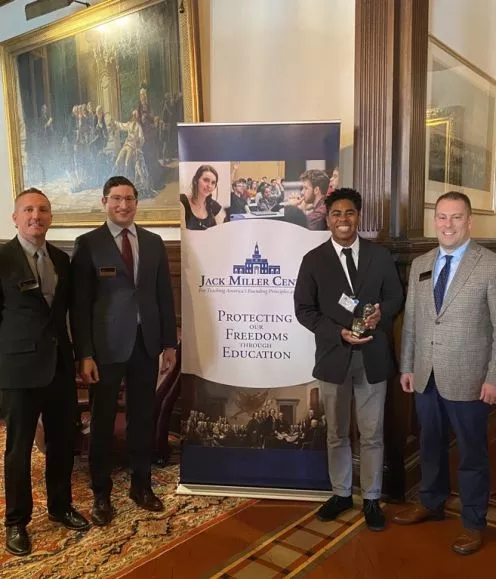
Teaching Excellence Award
Honoring exceptional teaching of America’s founding principles and history at the college and K-12 levels.
We believe that educators need to be recognized for their role in creating engaged and thoughtful citizens.
Civic learning depends on cultivating young minds through stories of hope, inspiration, and success. At the Jack Miller Center, we have met thousands of educators across the country who are inspiring their students to be more engaged and thoughtful citizens.
The Jack Miller Center’s Teaching Excellence Award is an annual honor given to a college and K-12 educator who does an exceptional job engaging students in the story of America through primary documents, new courses, and/or extracurricular activities.
The 2025 Teaching Excellence Award
Over the summer, the Jack Miller Center will receive applications for our fifth annual Teaching Excellence Award. The award recognizes exceptional teaching in civic education at both the college and K-12 levels.
Applicants will either apply on their own behalf or be nominated by others. Winners will receive a $2,000 prize.
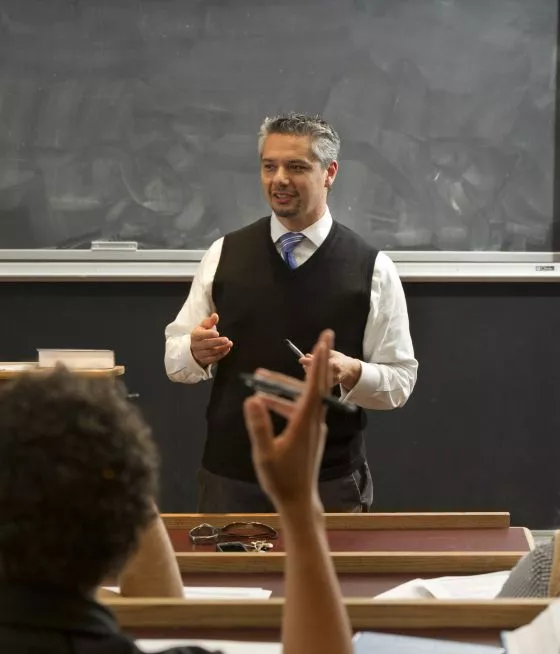
Teaching Excellence Award information and applications
We will be selecting two scholars for recognition: one Junior Scholar and one Senior Scholar. The Junior Scholar award is open to scholars who have not yet received tenure. The Senior Scholar award is open to scholars, regardless of age, who have been tenured.
These awards are open to scholars in the fields of political science, history, philosophy, or other related humanistic disciplines connected to civic education, including literature. Applicants may apply on their own behalf or nominate others.
Each winner will receive a $2,000 prize and will be featured in JMC communications.
The application deadline is Sunday, August 10, 2025. Winners will be notified in early September and will be publicly announced on Constitution Day.
The K-12 Teaching Excellence Award recognizes exceptional teaching in civic education and American history at the K-12 level. This award recognizes an exceptional teacher who helps students engage in the story of America through primary documents, new courses, and/or extracurricular activities. This application is open to all K-12 teachers, but preference will be given to applicants who have participated in a Jack Miller Center professional development program.
One applicant or nominee will be selected and receive a $2,000 prize.
The application deadline is Sunday, August 10, 2025. Winners will be notified in early September and will be publicly announced on Constitution Day.
Previous award winners

2025 winners
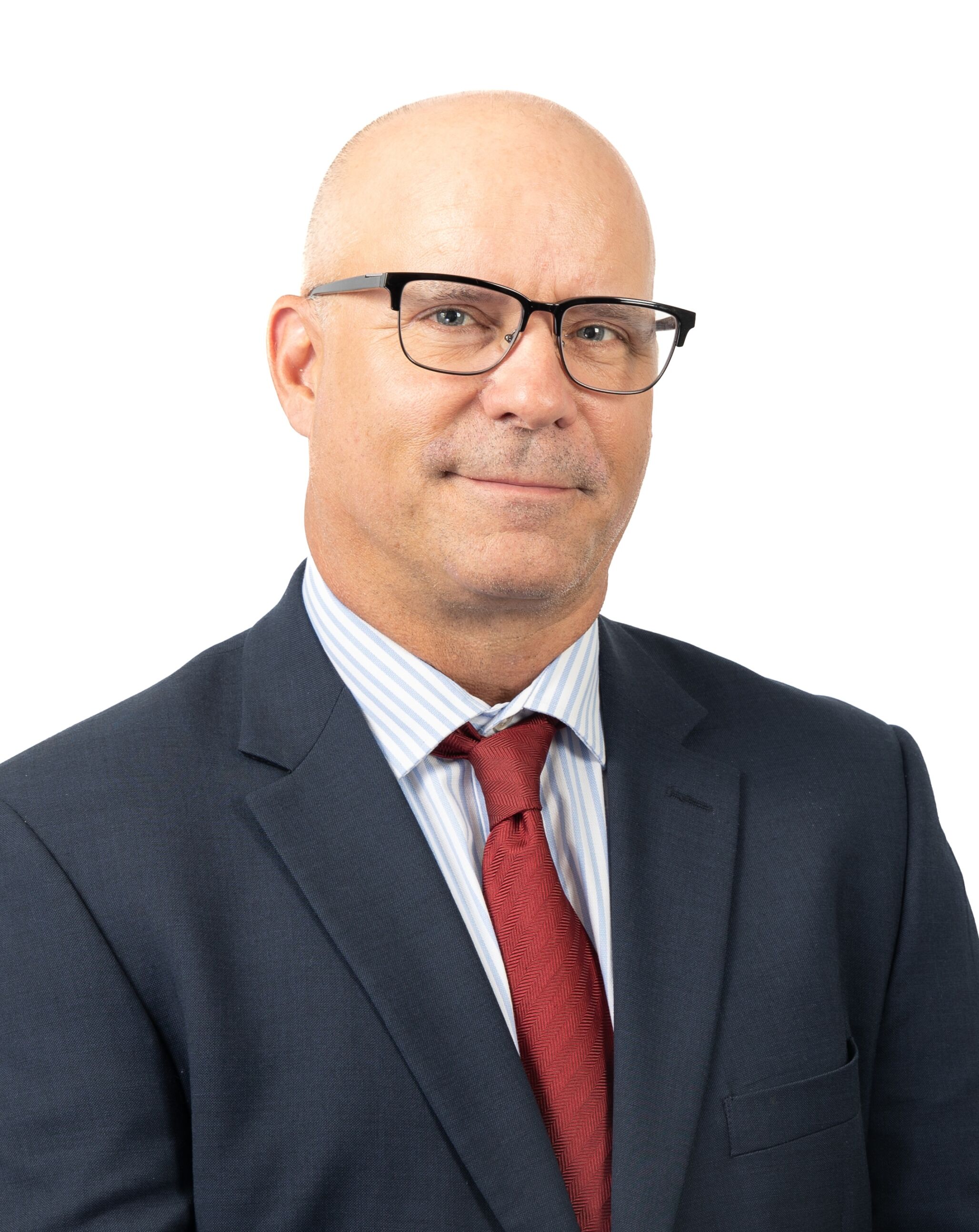
Richard Avramenko is Professor and Director of the School of Civic and Economic Thought and Leadership at Arizona State University. His peer nominator was inspired by Avramenko’s countless personal sacrifices made for the civic health of his students and community, noting “He does not merely teach civics or direct programs of civic education—his life and character exude the commitment to community that is the purpose of civic education. Avramenko students learn to be responsible citizens of the communities wherein they are set… As a naturalized U.S. citizen, he embodies the gratitude and patriotism that is so often lacking among native-born citizens. In short, Avramenko’s entire approach to education and friendship is an invitation into the great drama that is civic and community life.”
His willingness to engage with a variety of opinions, passion for civic education, and friendship, ignited one foreign-born student’s desire not only to become a citizen, but to run for public office.
Avramenko said he truly loves teaching and particularly appreciates the intelligence and hard work of his students.
“I’m deeply grateful for this recognition. Teaching ought to be the primary task of all university professors and, for me, it has always been easy because such great students have come my way!” Avramenko said.
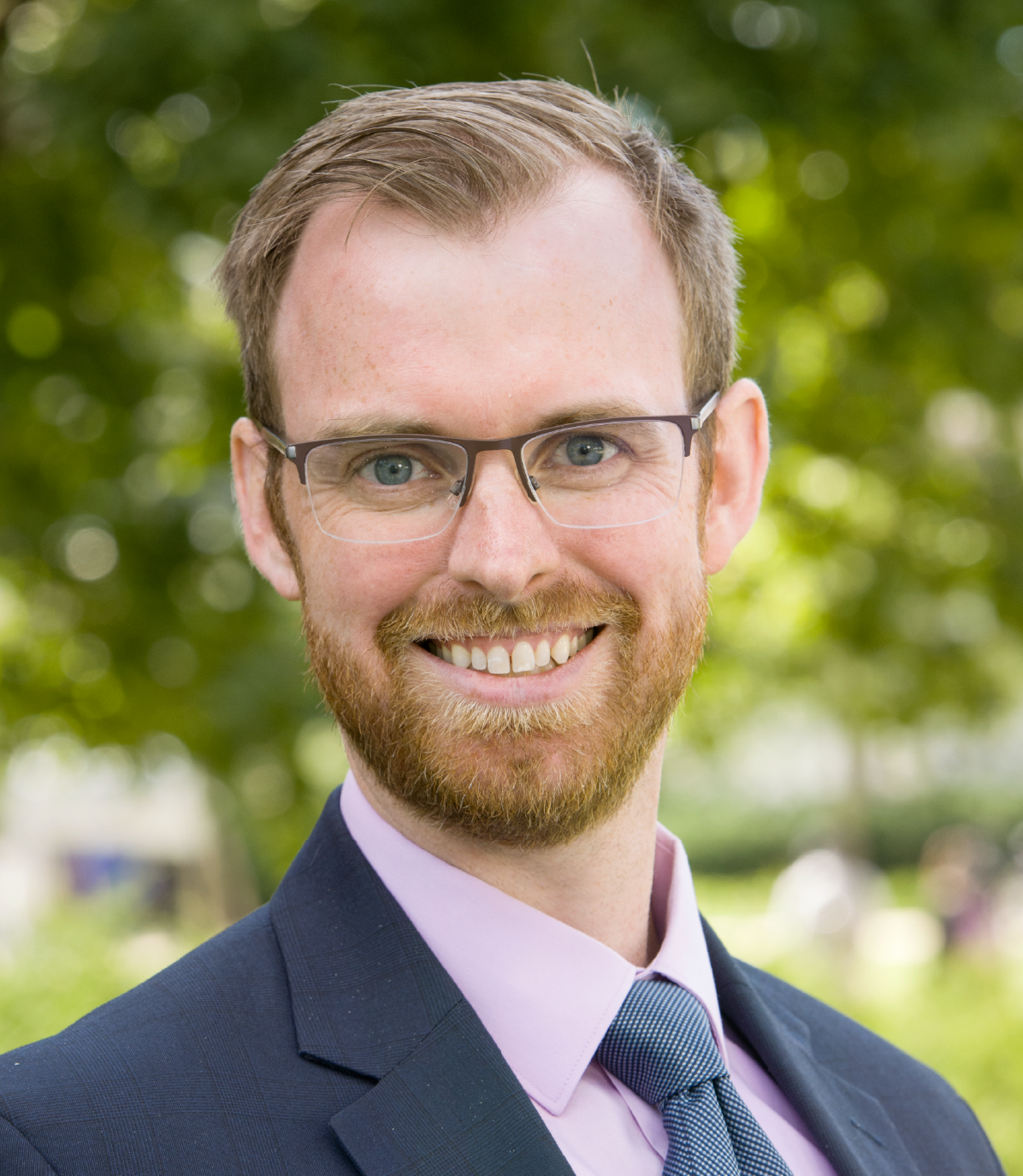
Jordan Cash is an Assistant Professor in James Madison College at Michigan State University. His award application demonstrated a strong commitment to student engagement through the reading of founding documents as well as lively student simulations of the Constitutional Convention and ratification debates. A former student who now works on Capitol Hill notes that these activities “prepared me tenfold” for work in a congressional office. While playing out these monumental events, students grapple with the challenges and compromises made by the Founders and better realize the great task that they faced in developing our constitutional government.
In addition to this work with college students, Cash organizes, leads, and teaches civic education programming for K-12 teachers.
Cash offered gratitude for his students and colleagues who aided his development as a teacher.
“My goal as an educator is to guide my students to possess greater civic knowledge and attain a sophisticated understanding of the society they live in so that they can passionately and intelligently enter the public discourse as informed and clear-thinking individuals. To be recognized for that work with this award is a great honor and I am humbled to receive it. I am also grateful to the Jack Miller Center as well as my friends, colleagues, and students at Michigan State University, Baylor University, and the University of Virginia for their support in helping me develop as a teacher and scholar,” Cash said.
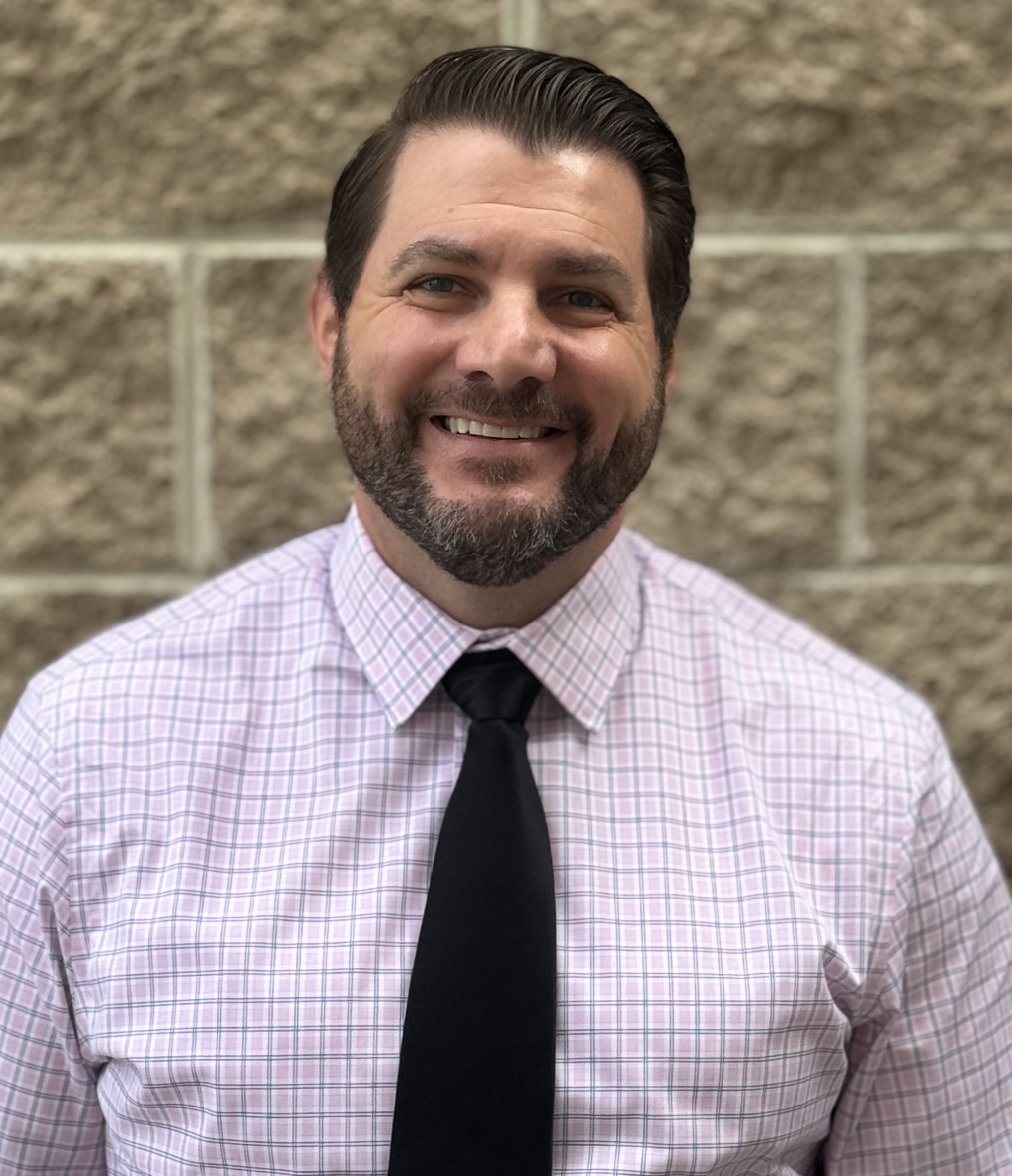
Justin Emrich is an 8th Grade American History Teacher at Olentangy Berkshire Middle School in Ohio. He recognizes a curiosity in his young students and feeds that curiosity by providing them a space to question and think deeply about the American political tradition. He sincerely believes in his middle school students’ abilities and engages them with stimulating activities, including a student debate on interpretations of the Declaration of Independence during the Civil War era. One enthusiastic eighth grader observed, “It’s really awesome and you find out that you are more capable of doing difficult assignments than you think,” and another shared, “You opened my eyes to the truth and the necessities of digging past what information is given to you.”
While Emrich’s approach invites tough questions in the classroom, this is crucial to raising citizens who can think critically. He pushes back against a trend of avoiding these difficult questions.
“Many teachers feel outside pressure and choose to play it safe. The political climate, combined with growing scrutiny of classroom content, creates hesitation and silence… [but] We cannot expect informed citizens to emerge from classrooms that are afraid to ask meaningful questions,” Emrich said.
Emrich’s teaching excellence award has further fed his zeal for civic education.
“I am truly honored and excited to receive a Jack Miller Center Teaching Excellence Award. This recognition strengthens my passion to inspire students to think critically, work hard, and see themselves as leaders capable of changing the world,” Emrich said. “I’m grateful for the support of the Jack Miller Center in celebrating teachers and the impact we can have on our students. Words will never describe how thrilled I am to tell my family, coworkers, students and friends about this honor.”
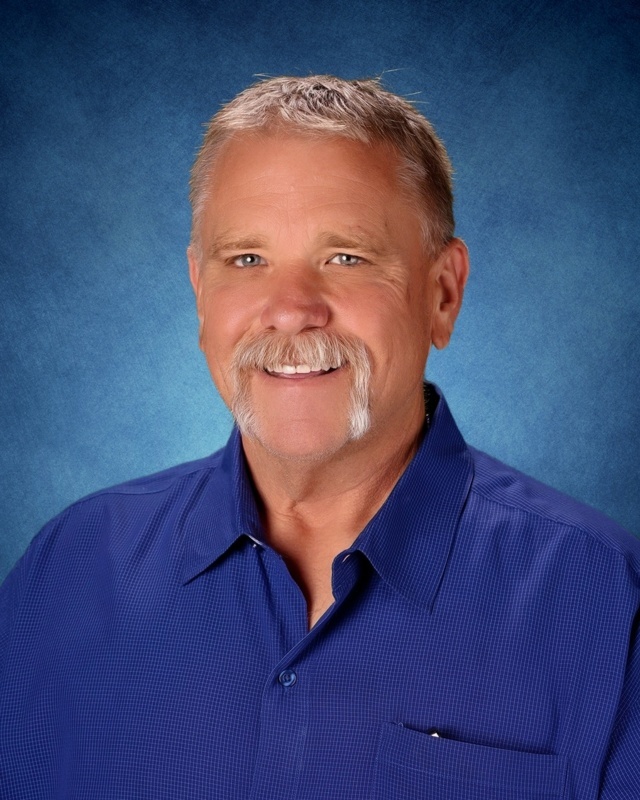
William Plucker is a Civics & A.P. Government Teacher at Walla Walla High School in Washington State. He was nominated for the teaching excellence award by Congresswoman Cathy McMorris Rodgers, who visited his classroom and was deeply impressed by Plucker’s commitment to his students and their future as well-informed American leaders. “Our founding documents and symbols have been a staple in educating my students why America was meant to be different than every other country. There is nothing else quite like us… ‘We the People’ actually means something,” Plucker said.
A U.S. Marine Corps veteran, Plucker demonstrates the virtues of civic duty, service, and leadership in everyday interactions, whether it be coaching a sports team, teaching in the classroom, or preserving historic landmarks in the local community.
Congresswoman McMorris Rodgers said Plucker exemplifies “excellence in civic education through more than three decades of inspired teaching and unwavering dedication to his students.”
“He not only brings America’s founding principles to life but also prioritizes teaching the Constitution and the values it upholds, motivating curiosity, responsibility, and a commitment to our nation’s ideals,” McMorris Rodgers said. “In his classroom, Bill prepares young people to become thoughtful, engaged citizens and future leaders. I am honored to have nominated him and thrilled to see his remarkable contributions recognized by the Jack Miller Center.”
Plucker said he is touched to be recognized.
“Being recognized by The Jack Miller Center Teaching Excellence Award is a very humbling experience. Teaching Social Studies and, in particular, civics, has been a passion of mine for over 33 years. Civics education is so important. Being a citizen may be a right, but knowing how to be a citizen is learned and practiced. Civic education is vital to all of us becoming engaged active citizens.”
2024 winners
Susan McWilliams Barndt is a Professor of Politics at Pomona College in California. In an age of student cynicism and polarization, she revitalizes her students’ faith in our political system and humanizes American politics: “I want them to understand that we can disagree with others about policy questions and still be friends with them—that we can still love them, even. I am old-fashioned enough to believe that democracy rests on our willingness to love our fellow human beings, even and perhaps especially when they behave in difficult ways.”

McWilliams Barndt’s students come away from her classes with a new understanding and appreciation for America’s history and political tradition. As the semester progresses, her students find themselves caring more and more about American political thought as she connects the personal to the past.
One student gushed “This class was life-changing. The knowledge and critical thinking that I have gained solely because of this class has changed my perspective on what American politics are formally and how to have a nuanced dialogue about politics with professors, random strangers, my Mom, and my friends,” and another, “Through this course, I have learned to love America in so many new ways.”
From McWilliams Barndt: “To say that I am honored by this award is an understatement! For 20 years, the Jack Miller Center has been setting the gold standard for excellent teaching and scholarship in American politics, history, and civics education. So to get an award for teaching from JMC is especially meaningful.”
Jonathan White is Professor of American Studies at Christopher Newport University in Virginia. He encourages his students to think critically while reading important primary texts, gaining a better understanding of America’s history and founding principles and developing as engaged and informed citizens. Aside from work on his many successful books and publications, White has a prolific record of mentoring students in their own research and publications: “…seeing the joy on their faces when they receive a real magazine, periodical or book in the mail with their name on it is extraordinarily satisfying for me as a professor.”
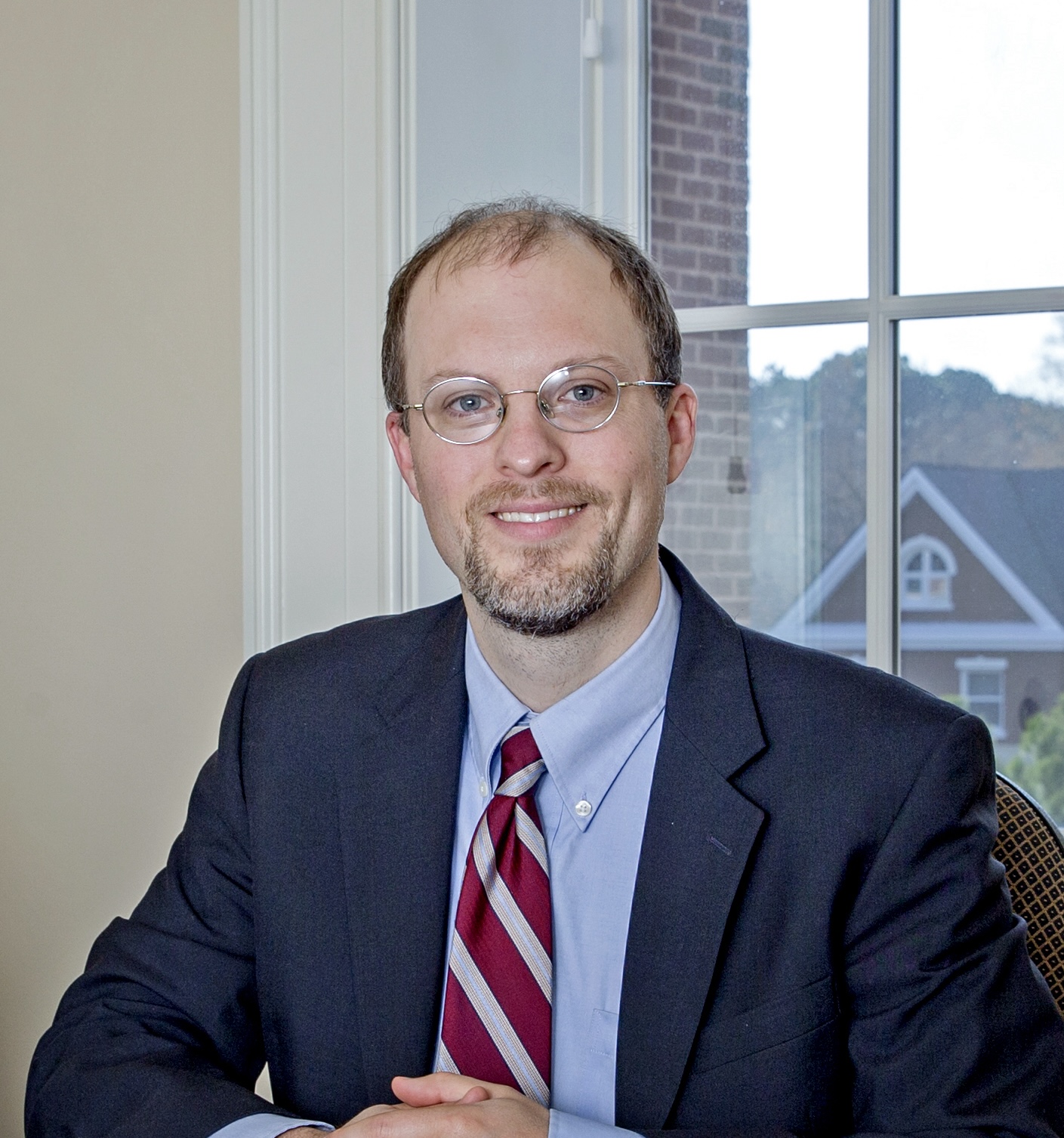
Outside of the CNU campus, White devotes his free time to educating K-12 teachers in summer workshops: “When I do these sorts of programs, my goal is to give teachers historical context and understanding that they can then take back to their classrooms so that they can better train their students to be informed citizens… I find that the teachers are always very grateful for the content that I help them learn.”
From White: “I am so grateful to the Jack Miller Center for this recognition, and for all that the JMC does to promote the teaching of America’s founding principles and history. I started my career at Christopher Newport University in 2009 as a JMC postdoctoral fellow, and I know I would not be where I am today without JMC’s generous support.”
Rudy Hernandez is an Assistant Teaching Professor at the University of Missouri’s Kinder Institute on Constitutional Democracy and Department of Political Science. Hernandez skillfully pairs primary and secondary sources in a way that connects current questions of American democracy with the American political tradition. His own enthusiasm and intellectual curiosity are an inspiration to his students, who embrace the rigor of his classes and eagerly engage in fruitful classroom discussion.
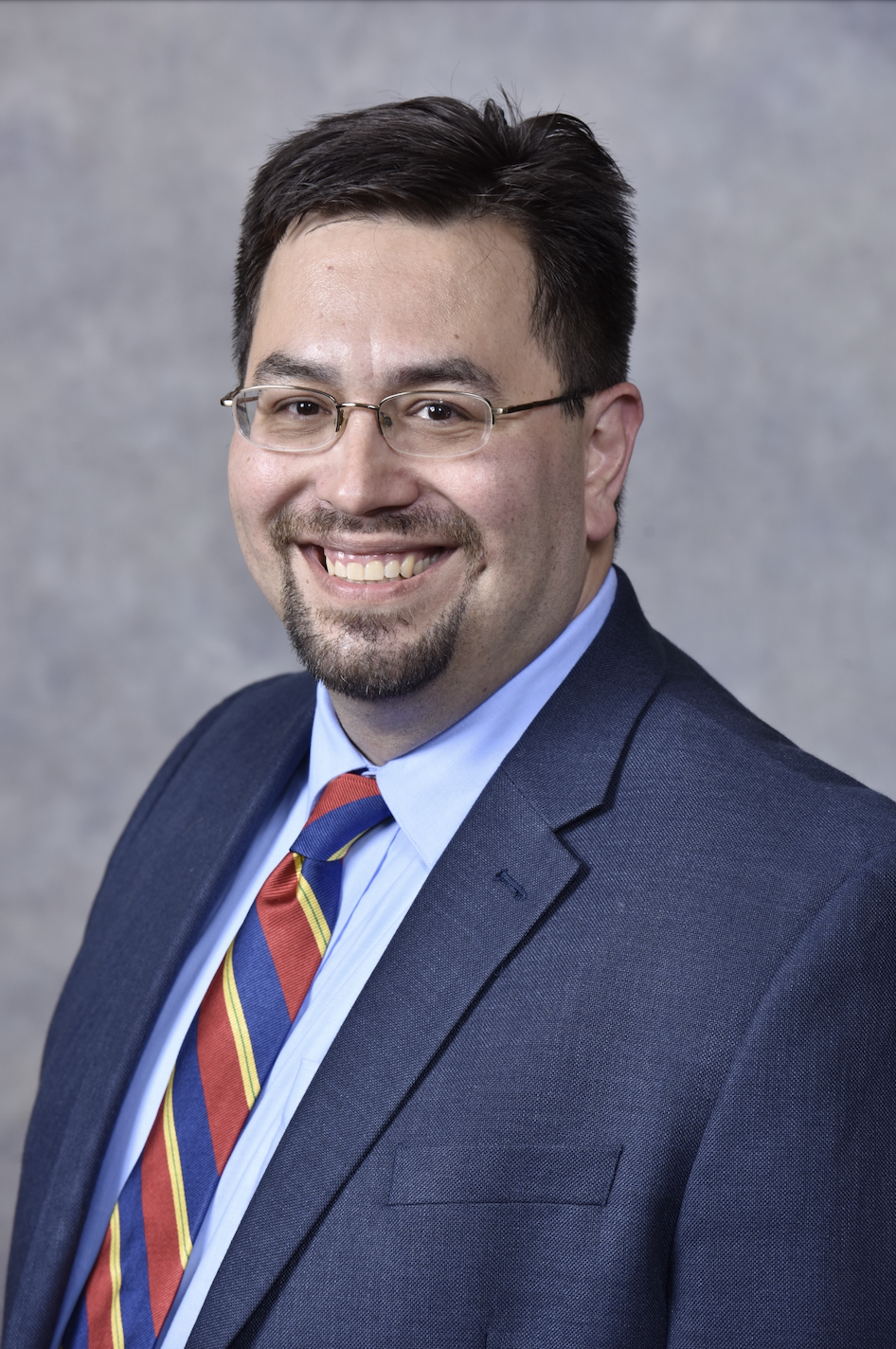
Hernandez’s devotion to civic education and civil discourse are also evident beyond the college classroom. He is the original content creator and ongoing Director of the Constitutional Democracy Academy, an annual summer seminar that brings high school students to campus for in-depth study of history and political philosophy.
His efforts show that civics education is not merely something left at the classroom door, but is part of what it means to be a citizen. As his nominator and colleague noted, “In an age in which so many colleagues talk about doing things, Rudy is that refreshing colleague who just knuckles down and does things!”
From Hernandez: “I am honored and humbled to receive this award. It would not have been possible without the support I have received from the Kinder Institute on Constitutional Democracy and the Truman School of Government and Public Affairs at the University of Missouri. My love of civic education began with my middle and high school history teachers at Girard College who actualized Stephen Girard’s hope for ‘a pure attachment to our republican institutions.’ It continued with my studying the great books at St. John’s College and the excellent graduate professors in American political thought and American politics at Louisiana State University. Lastly, I am thankful to the Jack Miller Center for the investment in civic education as it reminds me of the critical responsibility teachers of the American political tradition have to this country.”
Jane Highley is a middle and high school teacher at Devon Preparatory School in Devon, Pennsylvania where she teaches AP U.S. Government, AP Human Geography, U.S. History, AP Comparative Government, and Civics & Citizenship. She strives to create civility in a “classroom environment in which civil dialogue isn’t the norm.” With this as the standard, her students are free to ask questions that inspire discourse and a spirit of curiosity about different perspectives, rather than division.
A highlight in her teaching career was the enthusiasm of a class during a Moot Court exercise of a Supreme Court unit. Highley shares:
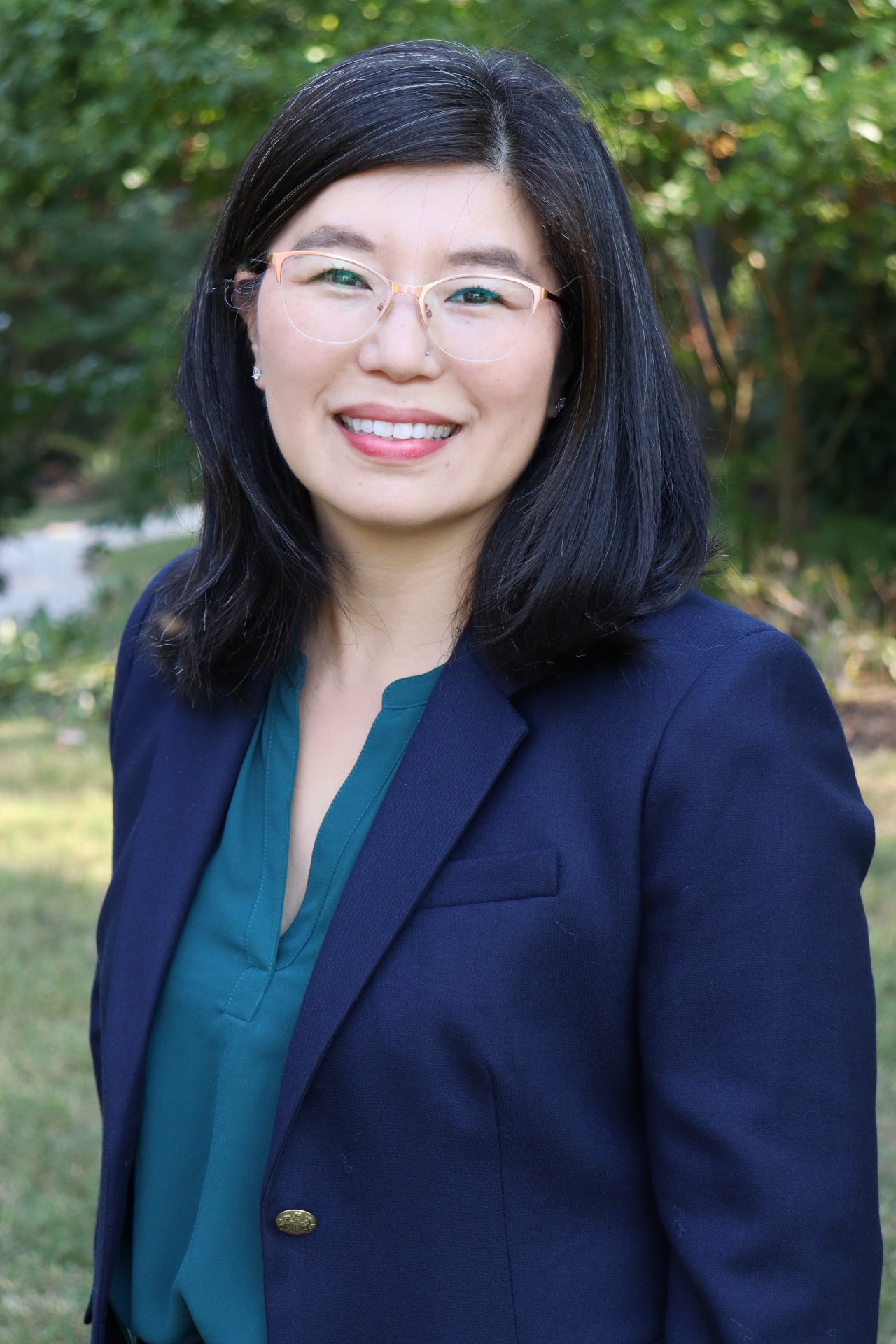
“The ‘lawyers’ wrote multiple drafts of their opening statements without prompting; the ‘justices’ took it upon themselves to write way more questions than they would have time to ask to ensure that they had all the information needed from both sides before they made their ruling. One of the ‘justices’ told me just before Decision Day that they didn’t want their decision to be overturned by next year’s justices, which meant that he and his Supreme Court colleagues wanted to get this right, and for good. Such fidelity to the Constitution (from a 14-year-old) was all the confirmation I needed to remember that this is my small contribution towards advancing civic education.”
Her application of experiential learning continues to renew her love of this country, especially as an immigrant and naturalized citizen; it reminds her of the strength of our Constitution in withstanding the test of time for nearly 250 years.
From Highley: “I am ecstatic to receive this award and also humbled. Any success that I have experienced is due to the many teachers near and far who have mentored me and have generously shared their resources and classroom-tested wisdom. I’m also grateful to my students and colleagues at Devon Prep who inspire me to be a better teacher every day.”
Sergio de Alba is a 4th-6th grade teacher at R. M. Miano Elementary School in Los Banos, California, where he teaches Civil Rights and American History. De Alba makes a difference in the lives of his elementary school students, many of whom are underprivileged, by righting their misunderstandings of American government and showing them how they are a part of the American experiment. His firsthand experience proves that elementary school is not too early to begin learning about civics: “As an educational system, we need to begin civic-minded education at the elementary level, not at later stages. Throughout my career, I have shown that this topic is not too advanced for this age group and how it develops a sense of pride for students when they are given an opportunity to make a difference and have their voices heard.”
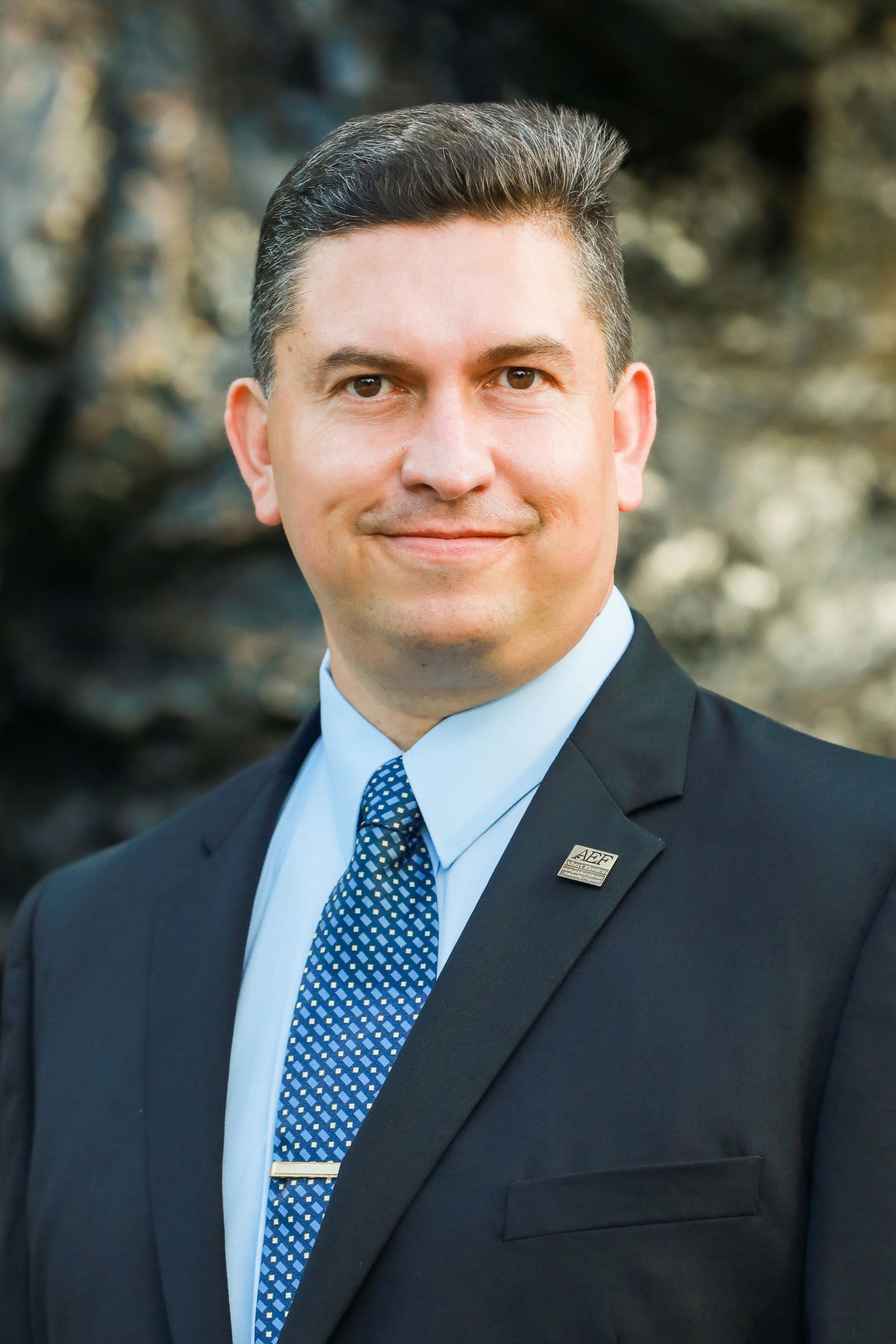
De Alba gets his students involved with civics using engaging hands-on projects, including an annual mock trial and the building of a Patriot Plaza, where American flags are flown on every patriotic holiday. He also built a Veteran’s Memorial Stage on-campus to inspire student appreciation for the sacrifices of our veterans.
As the child of farming immigrants, de Alba understands the struggles of many of his students and their families and knows how to meet them where they are:
“It is difficult to describe the impact a teacher who comes from the same type of neighborhood has on the students they serve in words. Disenfranchised communities are not always taught how understanding their civic roles allows them to achieve their greatest success. They are not shown the beauty of the United States as I once was when I first came to this country. I remember even in kindergarten, my teacher discussing George Washington, Abraham Lincoln, and the freedom we have because that is who we are as Americans. I remember the ‘Promise of America’ and how it made me see how lucky my family was to live here. I teach using this same method…
My parents were also farm workers and I understand that many obstacles arise due to the poverty experienced in my community. This is why I share my struggles with my students. If I was able to make it with hard work, they could too. I have 27 three-inch binders with letters, essays, cards, and thank-you notes that I have kept as testimonials of the impact I have made on the students I serve. These binders provide great pride.”
2023 winners
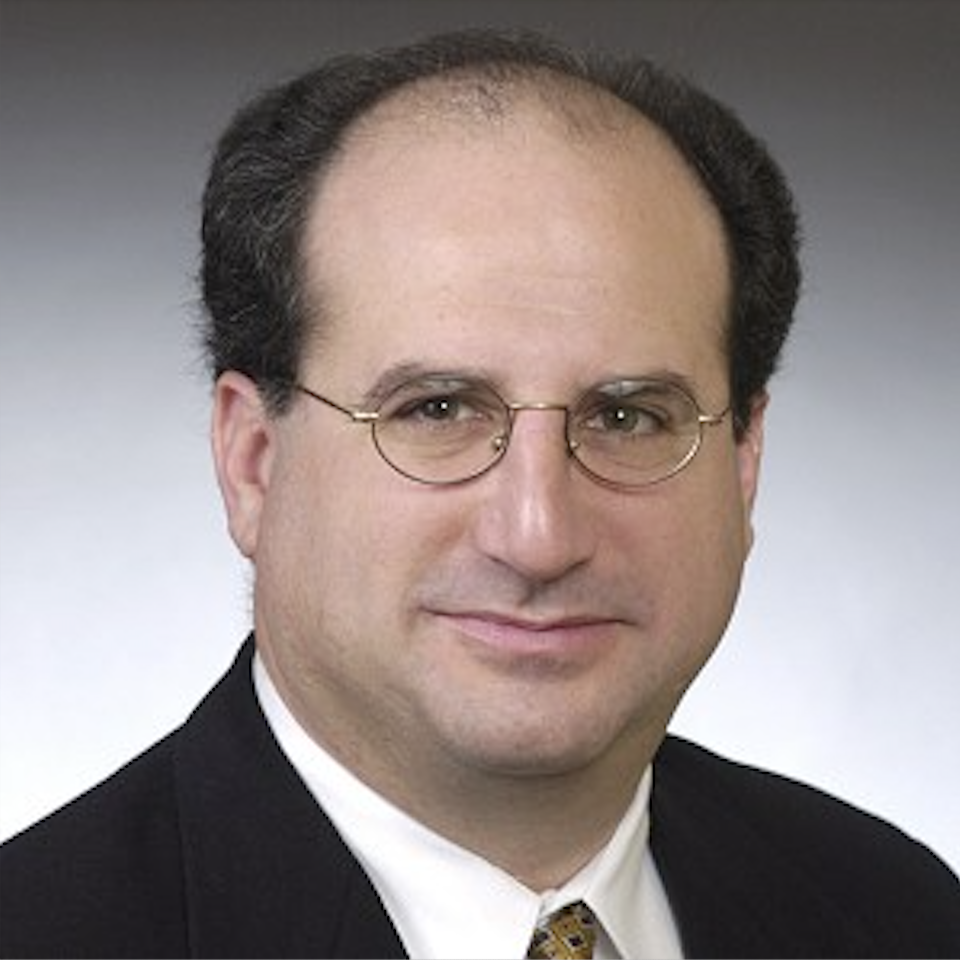
Alan Levine is Associate Professor of Government and the founder and director of the Political Theory Institute at American University. For nearly 30 years, Professor Levine has been helping skeptical students see the promise and goodness of America and its founding principles. As one former student put it, “by showing me how to engage in thoughtful inquiry about my assumptions, Professor Levine changed my perspective on America, and my intellectual trajectory.”
Alan Levine is Jack Miller Center Founding Civics Initiative Faculty member.
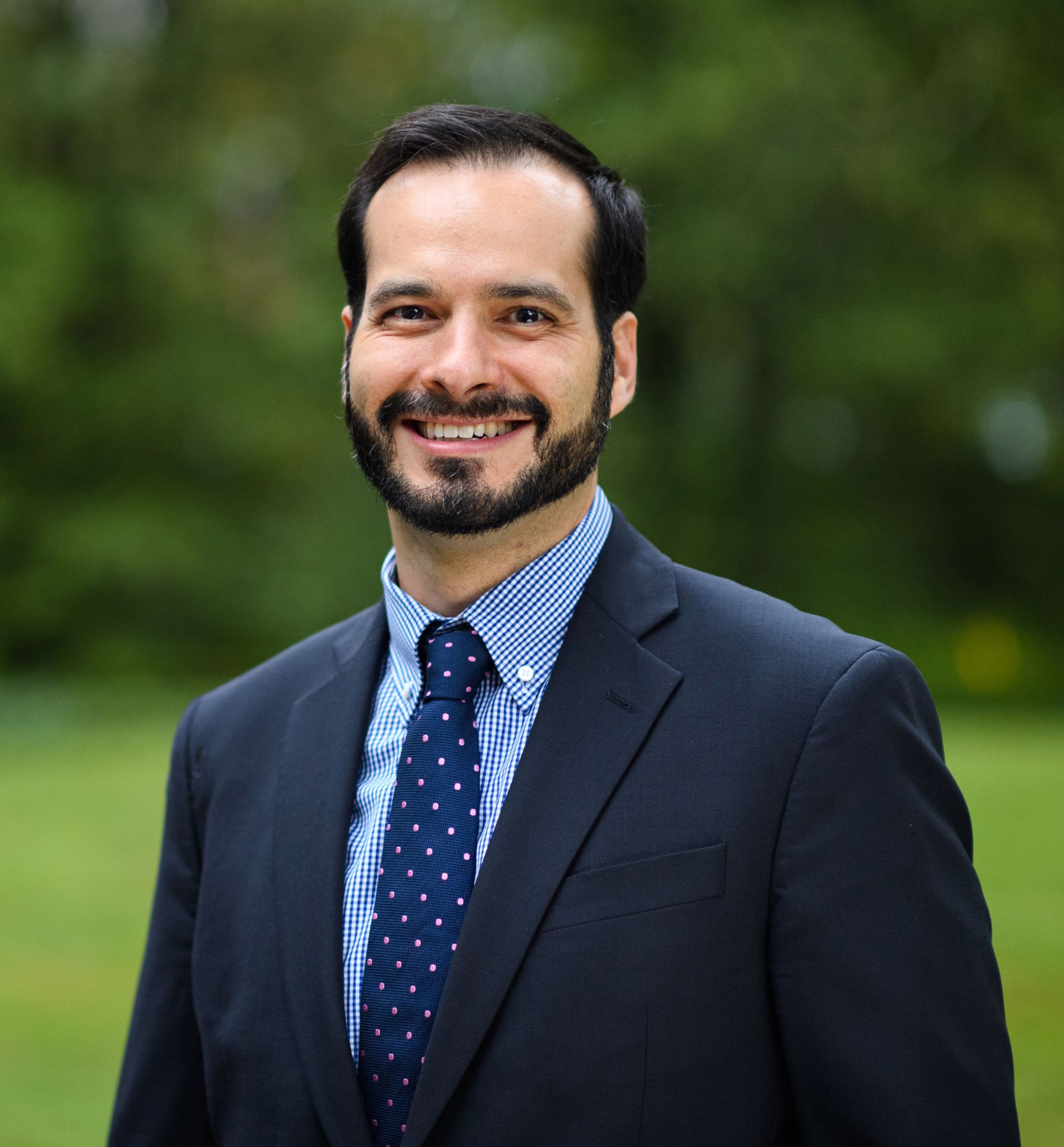
Paul Wilford is Assistant Professor of Political Science at Boston College. Professor Wilford has been adept at turning his students into generous interlocutors who are able to engage productively across differences. Through teaching texts such as Lincoln’s Second Inaugural Address, he too has shown students how to engage with America’s ills without losing sight of its great promise.
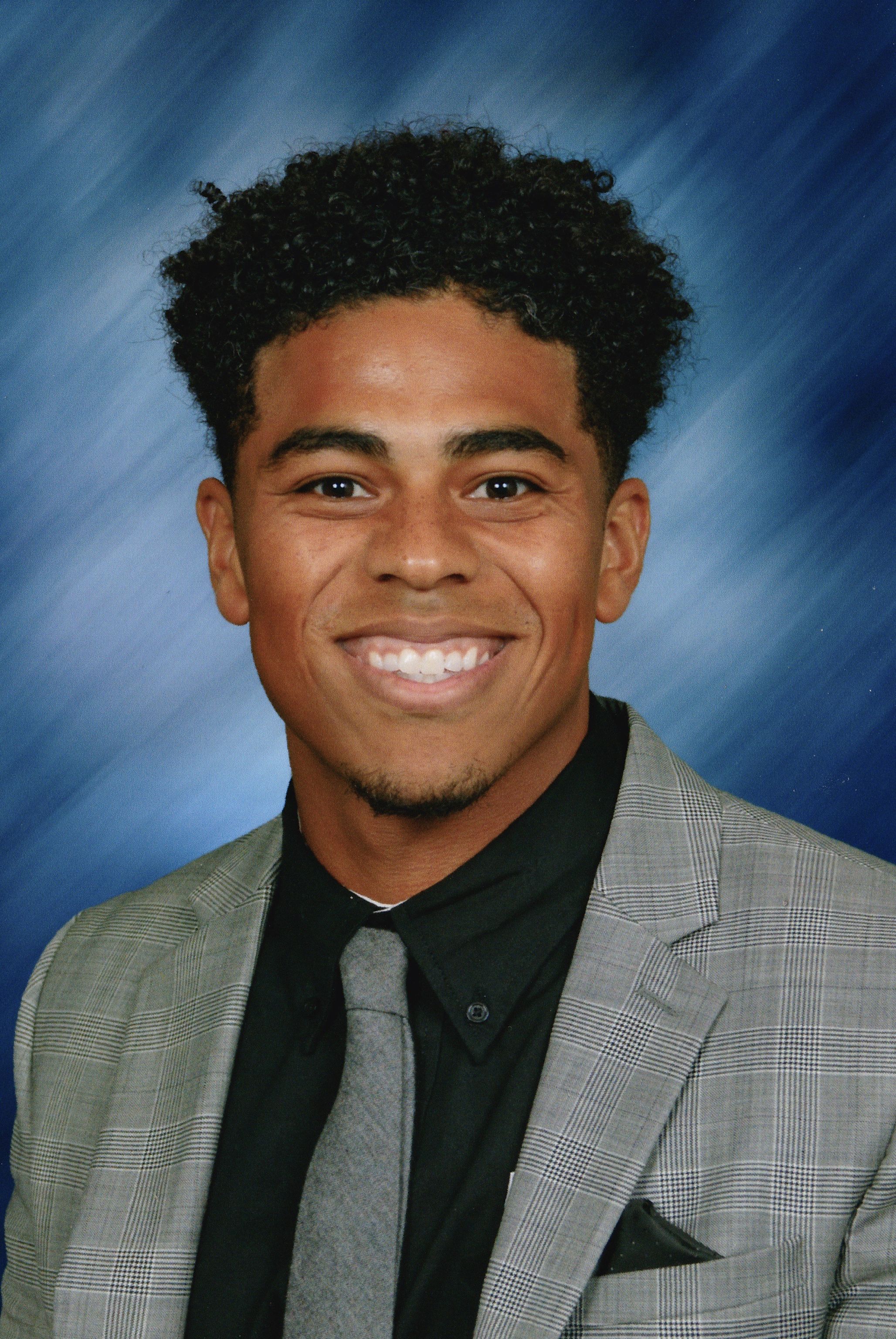
Jesse Perez teaches social studies at Shorewood High School in Milwaukee, Wisconsin. In his nine years of teaching, Jesse has noticed a sharp decline in interest in America’s history and founding principles and has worked tirelessly to overcome this apathy. Jesse has been so successful in waking students up to the importance of America’s civic history that he has had students tell him that he inspired them to become teachers themselves.
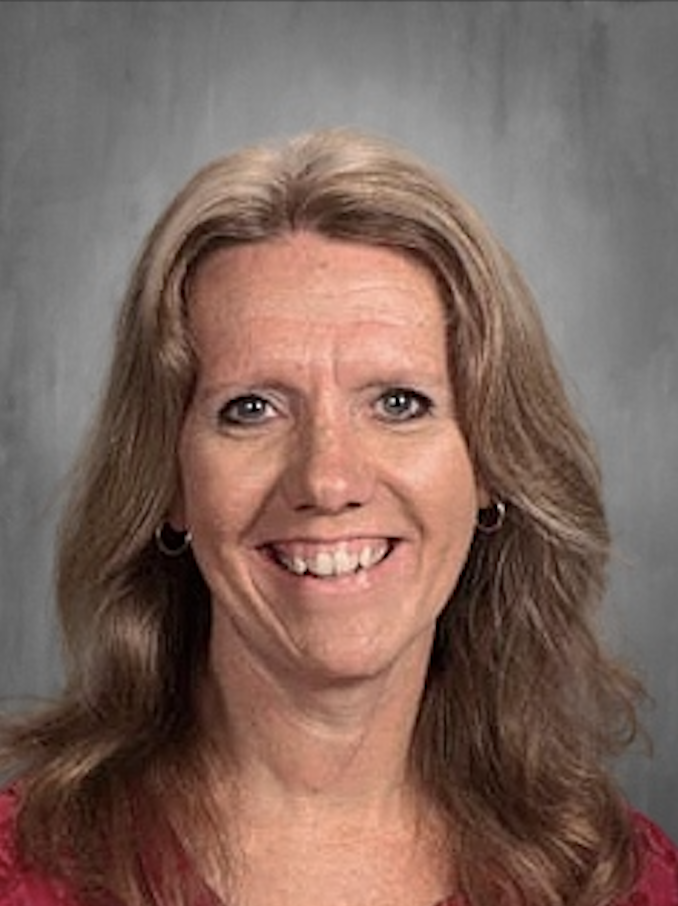
Stephanie Kaufman teaches high school government in Sturgis, South Dakota. Stephanie’s students report how she makes civic education compelling by helping students engage directly with the primary source documents of our founding. Stephanie finds special meaning in bringing civic education back to American high school education, where it has increasingly been pushed out in favor of an exclusive emphasis on language arts and mathematics.
2022 winners
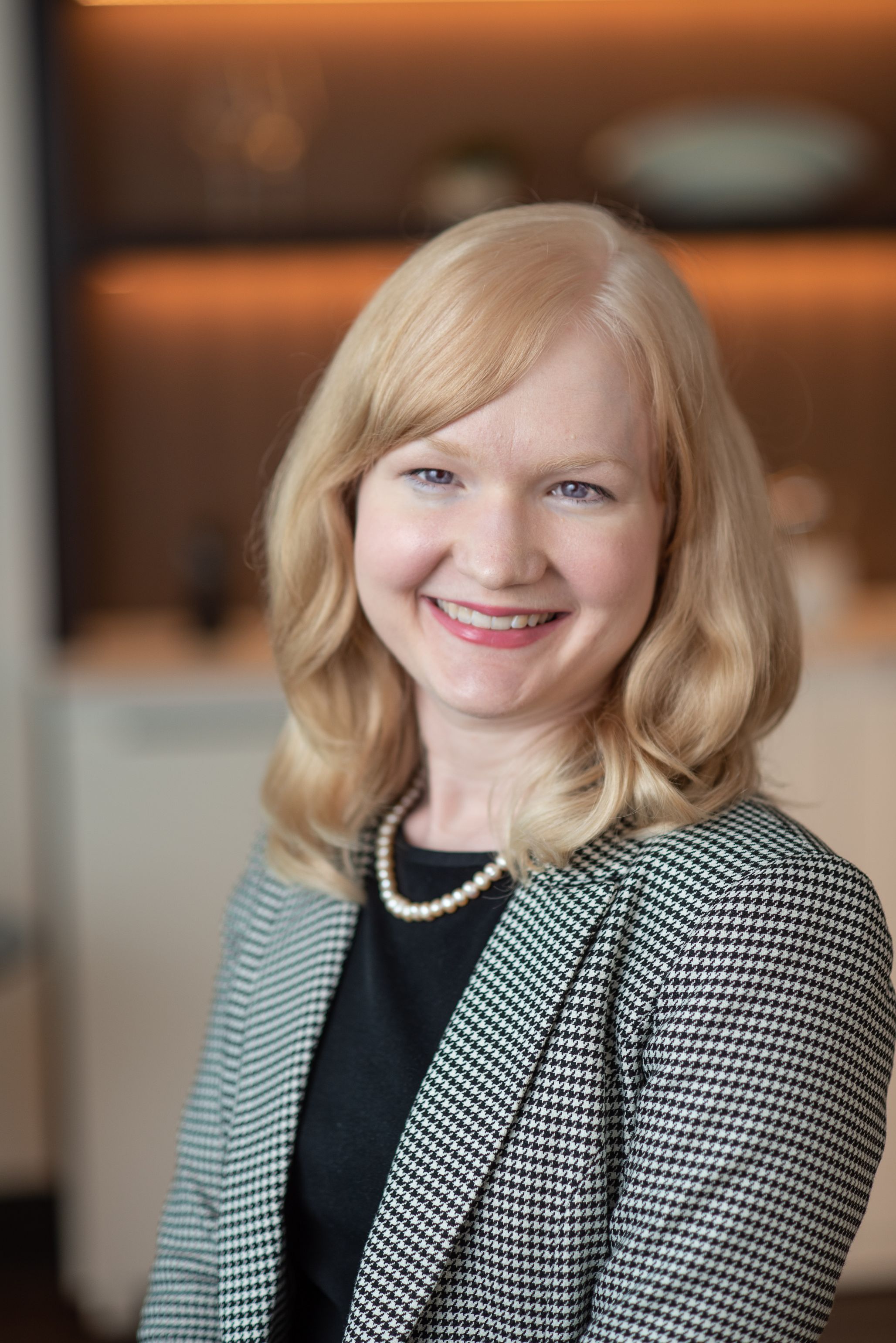
Deborah O’Malley was recently the Associate Director of the Daniel Patrick Moynihan Center at Assumption University and now the new Associate Director of the Center for Citizenship and Constitutional Government at the University of Notre Dame. During her time at the Moynihan Center, Dr. O’Malley led an ongoing JMC-supported Model Senate with Dr. Greg Weiner in which students debate important contemporary topics while putting into practice the historical ideas they are learning about in class. Beyond reading the primary texts of American political thought, students engaged with these important concepts as statesmen by applying them in debate. Arguing through some of the biggest constitutional questions our nation has faced, the students learned “the complexities and challenges of politics and the necessity of prudence to its practice.”
At the end of the school year, the group was given the opportunity to debate the Electoral College:
“These young men and women were engaging in the noble work of politics: learning from the insights of the past, participating in civil yet rigorous debate with their fellow citizens, and allowing themselves to be persuaded that the good of the republic might be best supported by institutions that do not always serve their immediate desires.”
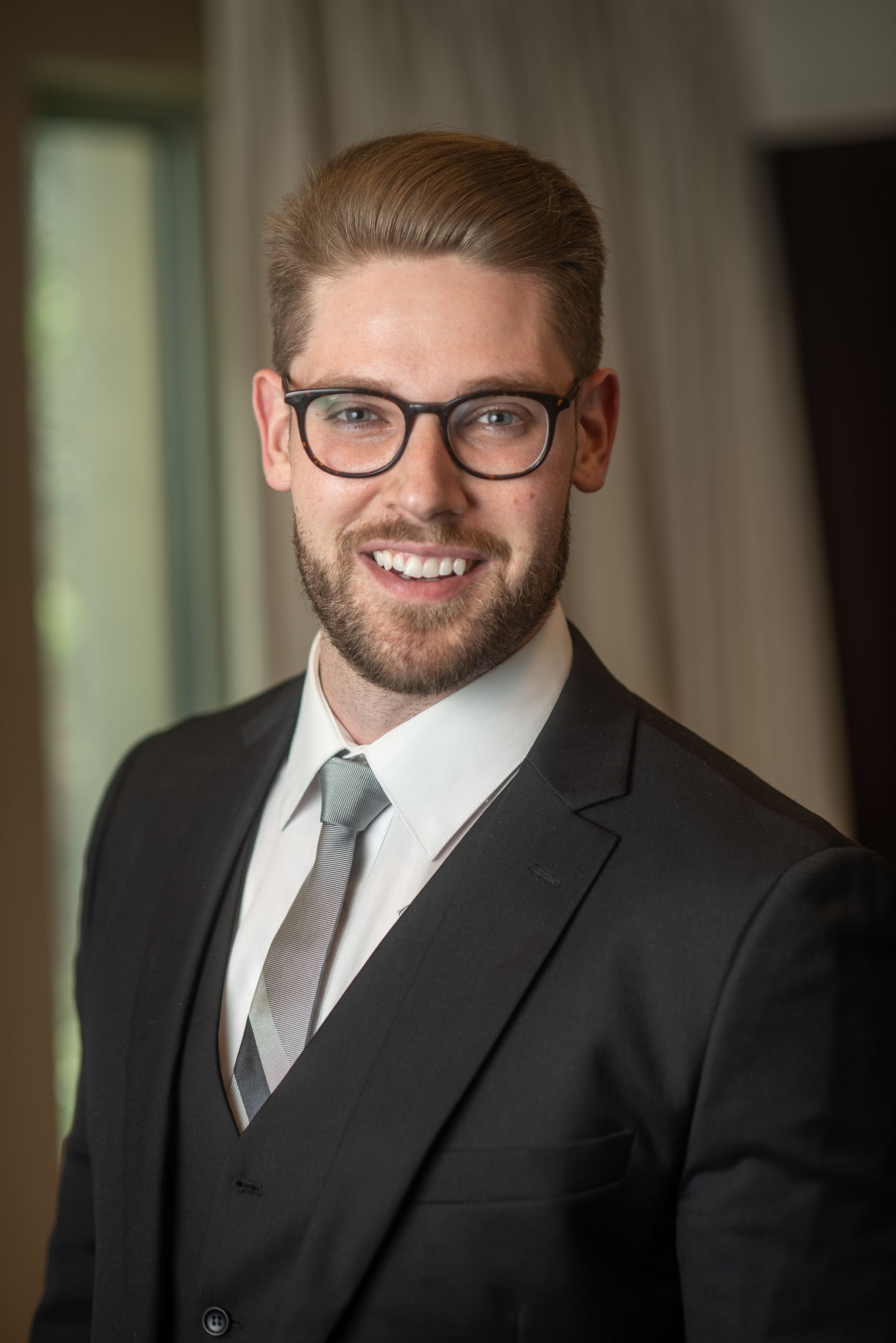
Jacob Wolf is an Assistant Professor of Government and Honors at Regent University in Virginia Beach, Virginia. This past spring, Dr. Jacob Wolf developed and taught a course on “The Exceptional Country” which helped students “identify which ideals and institutions make America unique and uniquely admirable.” Open to students from all disciplines, the course focused on American political thought with readings from The Federalist Papers and Tocqueville’s Democracy in America while also creatively including studies of American art and literature. These additions from other disciplines enhanced students’ understanding and piqued the interest of non-government majors.
Dr. Wolf encourages his students to view politics as a lifelong pursuit of knowledge and informed participation in civic life. Summarizing her class experience, one student noted that she now has “a fierce appreciation for the virtues of America while maintaining a wariness of contemporary weaknesses…Because of this class, I know how important my civic duties are to the good of the American people, and my personal community.”
The 2022 K-12 civic education award was given to Adam DeSimone, an 8th grade civics teacher at Saint Agnes School in Arlington, Massachusetts. Mr. DeSimone inspires his students to think about government’s place in their own lives and how they can affect and improve society through civic participation.
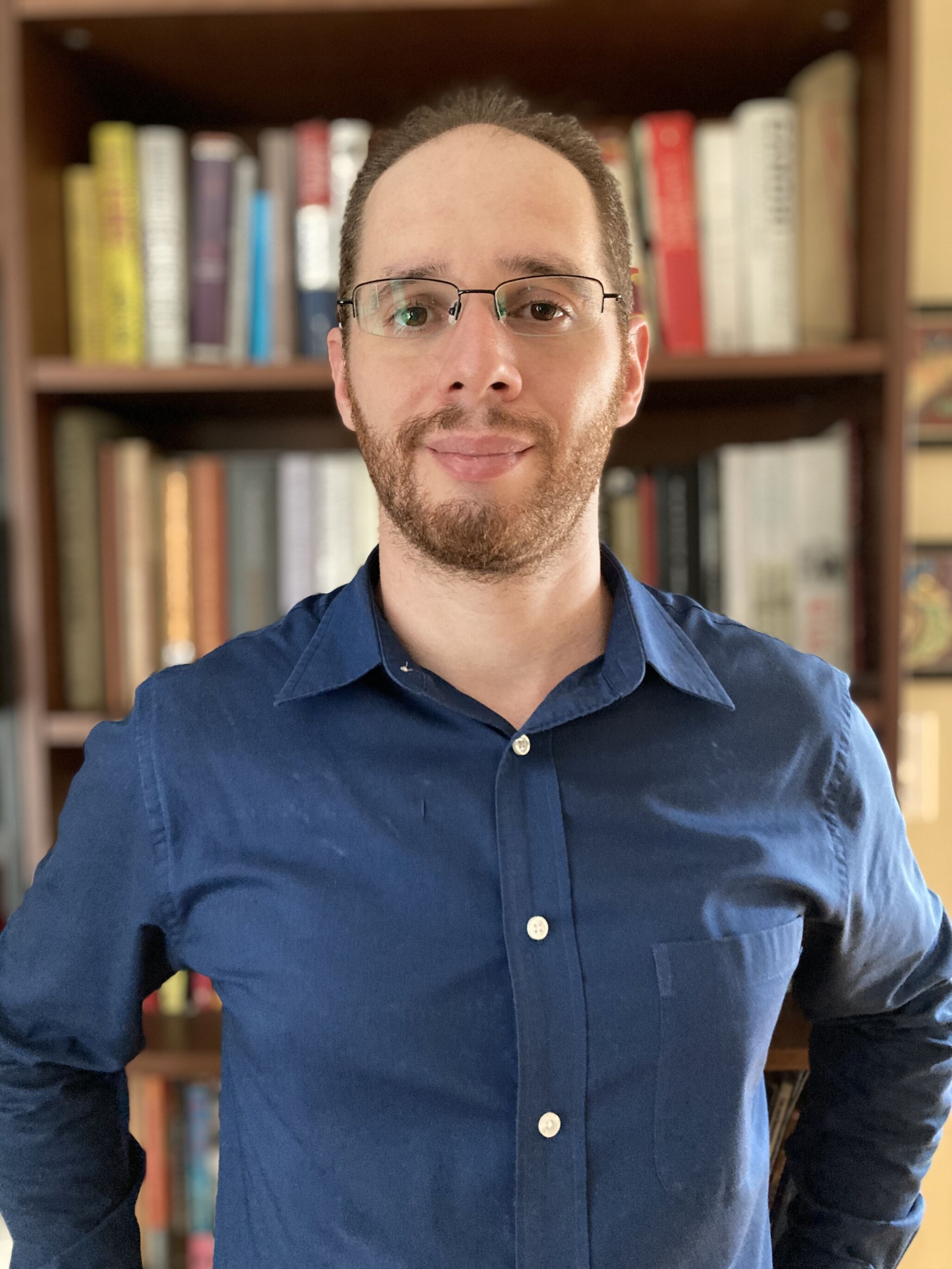
His curriculum combines historical knowledge with modern-day issues, requiring “students to be involved in the real world but also command a rigorous understanding of American history and political thought.” In-class simulations “create a lot of energy and excitement, but also opportunities to demonstrate… learning in original ways.”
Mr. DeSimone aims to show students that government is not some vague concept or structure that stands over them, but is actually something that they are a meaningful part of as citizens: “I want them to see that government is not a distant entity that sits above them, but is instead supposed to respond to the will of the people and exists to protect their natural rights.”
Throughout the school year, Mr. DeSimone’s students study the workings of the Constitution and the Founders’ intentions in establishing safeguards for the people. At the same time, he focuses the class on present-day governance and issues – “…by the end of the year, it’s hard not to be optimistic when another class of adolescents leaves ready to do the work necessary to sustain the republic.”
2021 winners
Both Rita and Enrico demonstrated creativity in encouraging their students to think about America’s Constitution and founding principles in new ways. In particular, Rita helps her students consider the Constitution’s effect on forming Americans’ “constitutional souls.” Enrico succeeds in instilling in his students the core founding ideals of equality, liberty, and justice, as well as a sense of civic duty.

The inaugural college civics award went to Dr. Rita Koganzon, an assistant professor of politics at the University of Virginia and associate director of the University’s Program on Constitutionalism and Democracy. Rita shows exemplary dedication to civics education in all she does at UVA, awakening students to the overwhelming impact the Constitution has had on American citizens and our ethos. Rita particularly enjoys “helping students connect the texts to their own subtle but significant experiences of American citizenship,” and witnessing “an understanding of the US as a constitutional regime dawn on them.”
Through the Program on Constitutionalism and Democracy, a JMC partner program dedicated to the study of the American Founding, Rita has engaged her students in learning about American political theory through regular classes, fellowships, and evening reading groups, while also connecting them with further summer programming and internships to foster their interest in America’s founding ideals.
Rita Koganzon is a Jack Miller Center Academic Advisory Council Member.
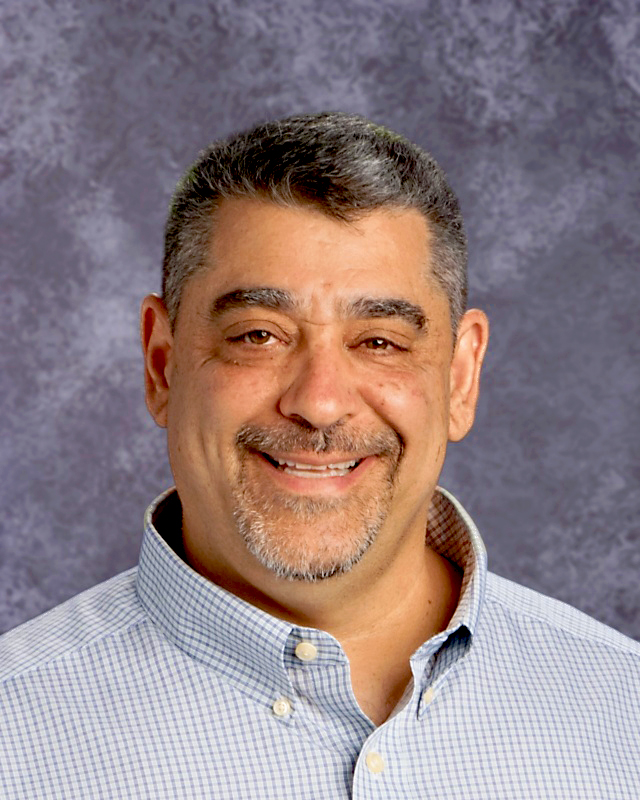
The inaugural K-12 civics award went to Mr. Enrico Pucci, an inspiring teacher who teaches 8th grade American History, Civic Engagement, and Speech at Manatee School for the Arts in Palmetto, Florida. Mr. Pucci describes his creative and strategic teaching process of combating growing division and disillusion by coalescing around the Constitution’s powerful phrase “to form a more perfect Union.”
Always beginning his Civics class with a review the of the Declaration of Independence and the Constitution, he pulls out the core ideals of the United States – Equality, Liberty, and Justice. Mr. Pucci explained that “by emphasizing the process of “perfecting” our nation, I helped my students see that our founding ideals are dynamic, living concepts, and that it is our civic duty to participate in the ongoing process of their ‘perfection.’”
